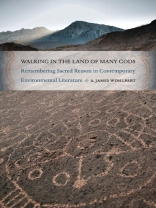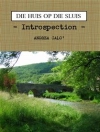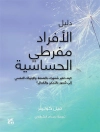How are we placed on Earth? What is our relationship to the world around us, and how< does our thinking affect the way we relate to the world? We are entrapped, says A. James Wohlpart, by what Martin Heidegger calls ‘enframing, ‘ a worldview that considers all objects as mere resources for our use. Walking in the Land of Many Gods envisions a new way of thinking about the world, one grounded in a moral imagination reconnected to Earth.
Insightful readings of three contemporary classics of nature writing—Janisse Ray’s Ecology of a Cracker Childhood, Terry Tempest Williams’s Refuge: An Unnatural History of Family and Place, and Linda Hogan’s Dwellings: A Spiritual History of the Living World—are at the heart of Wohlpart’s endeavor. Powerful and affecting works like these reveal a pathway to a deeper remembering, one that reconnects us with the primal forces of creation and acknowledges the sacredness of the world.
We have forgotten that the world around us is rich and fertile and generative, says Wohlpart. His exploration of these literary works, based on deep anthropology and Native American philosophy, opens a pathway into a new way of thinking called sacred reason. Founded on interdependence and interrelationship, and on care and compassion, sacred reason reminds us that divinity exists around us at all times. We are invited to walk, once again, in a land filled with many gods.
Об авторе
A. JAMES WOHLPART is a professor of English and dean of Undergraduate Studies at Florida Gulf Coast University. He is coeditor, with Peter Blaze Corcoran, of A Voice for Earth: American Writers Respond to the Earth Charter (Georgia), and coeditor, with Susan Cerulean and Janisse Ray, of Unspoiled: Writers Speak for Florida’s Coast.












